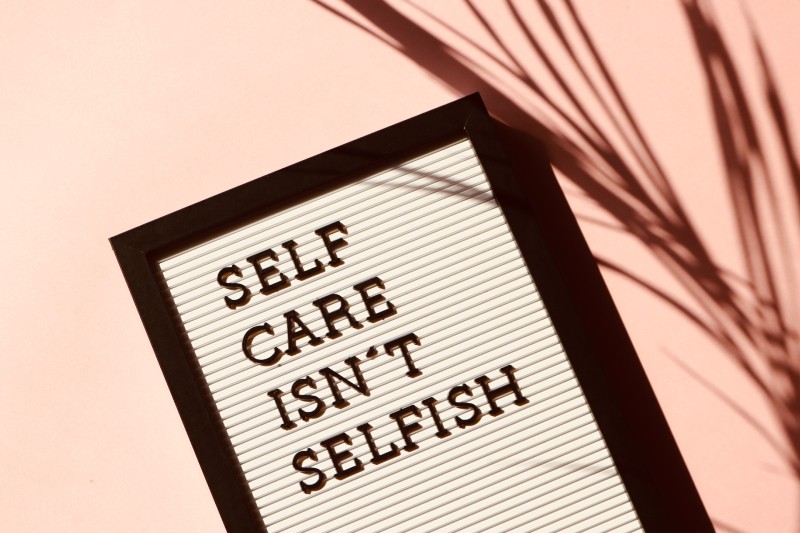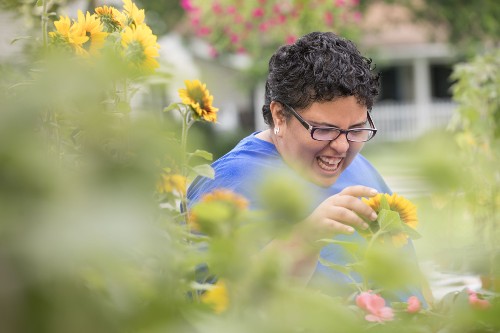The InVisionary
Are you struggling with stress, loneliness, isolation, or other forms of mental distress because of coronavirus? It may be helpful to examine the many facets of coping to help us manage our feelings:

Cognitive
What we think directly affects our emotions. We want to manage the messages we give ourselves. It is important to avoid “absolute” language in our thinking, such as never and always. For example, we don’t want to think or say, “This will never end.” That’s factually false, more than anything else. We also want to remind ourselves that this situation is not unprecedented. There have been recent pandemics (e.g. SARS, Avian Flu) and larger scale pandemics in American history (i.e. the Spanish Flu). Those passed, so will this. As well, we want to look at this quarantine as an opportunity; we can challenge ourselves to get tasks done that we’ve put off, try new things, and give activities we’ve foreclosed upon a second chance. Brainstorming with other people will help with this.Emotional
Although we want to avoid “catastrophic thinking”, as noted above, we want to allow ourselves to experience our emotions, whatever they may be. We don’t want to stop any emotion, we want to manage it. So relaxation techniques should be used to limit the length of an upset or lower its intensity, not eliminate it. As such, we want to use deep breathing, guided imagery (i.e. the five senses imaginal experience of a scene that you find calming), progressive muscle relaxation, and slowly counting backwards from 25. We may also wish to employ a mantra, such as “It will be okay” or “I can handle this”.Behavioral
Staying active is not just important for our waistline but also our mental health. Taking time to slowly go through green and/or blue space (i.e., water) can help us keep calm. Changing of scenery can also break up the monotony. Of course, we should include protective measures when in public. We can also do well to get into an exercise routine, like purchasing a workout tutorial. Mindfulness practice can be of great use, such as slowing down and enjoying more routine activities (e.g., eating).
Social
Keep in contact with your loved ones; make use of videophonic or telephonic devices to interact with others. You may also try an online group you may not have otherwise tried (e.g., a religious group, support group, calling a colleague via Microsoft Teams). Try to reach out to supervisors since they’re there to assist you at this time. It might be helpful to journal your thoughts and feelings and share them with a person you trust. Also, make use of the Employee Assistance Program (EAP) should you feel that you’re needing extra support.Things to monitor
It is wise to monitor your behavior and emotions. We want to try to keep steady sleep and eating rhythms. It may be hard to avoid stress eating but consider replacing “junk food” snacking with healthier options like vegetables or doing a distracting activity instead of eating at all. We also want to monitor pessimistic, suicidal, or homicidal thinking; if this becomes pronounced or regular, seek professional and/or supervisory help.Previous Post
April 27, 2020




Comments (0)